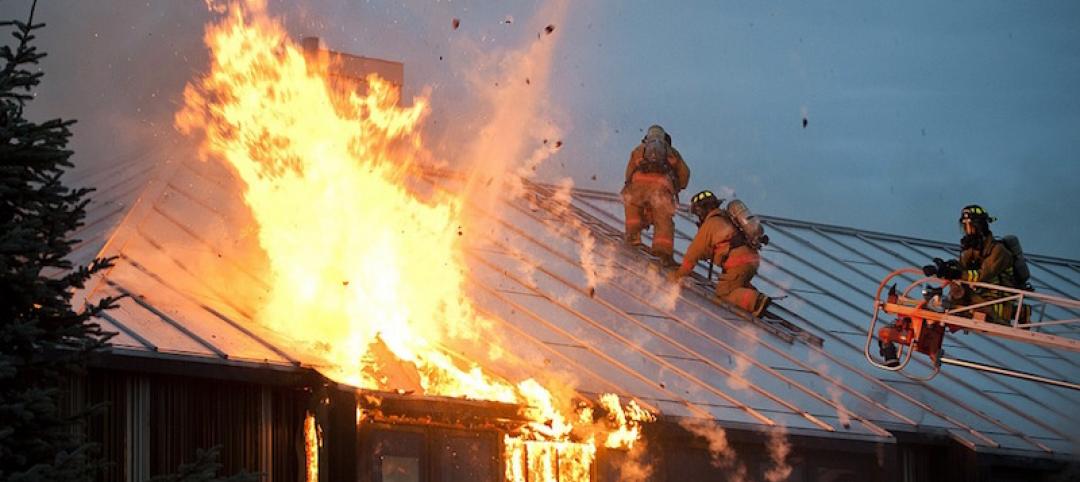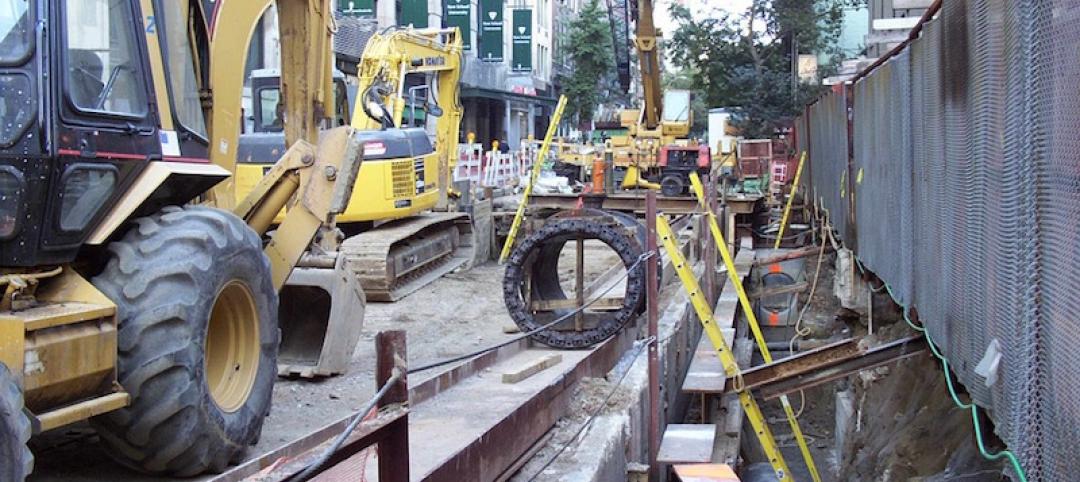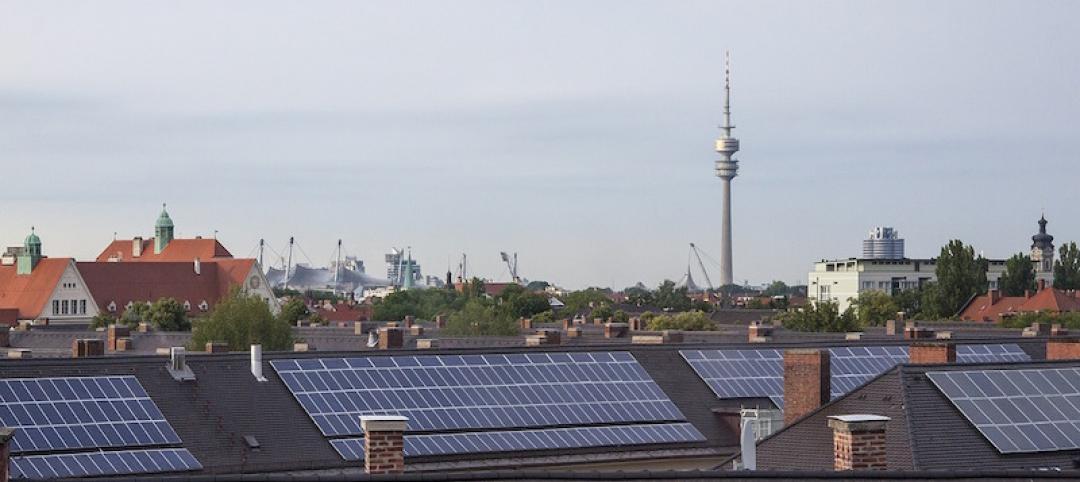After some initial opposition, residents of London, England have gotten used to congestion pricing for cars—and the reduced traffic that has resulted.
London's plan initially faced opposition and a legal challenge, but its success has led to widespread acceptance. Many drivers took to traveling at off-peak hours, carpooling, or taking transit after the initiative went into effect.
Between 7 a.m. and 6 p.m. on weekdays, drivers entering a 21-square-kilometer zone in Central London are charged $20. The city offers discounts or exemptions for zone residents, people with disabilities, emergency vehicles, motorcycles, and taxis.
Within three years, traffic fell by 15% and congestion—the extra time to make a trip because of impeded traffic flow—was reduced by 30%. Noting the success of congestion pricing in London and other cities including Stockholm, cities worldwide including Singapore, New York, and Vancouver have implemented or are considering congestion pricing.
Related Stories
Codes and Standards | Jul 27, 2017
Five fire scenarios tested on full-scale mass timber building
Results will help inform code changes.
Codes and Standards | Jul 26, 2017
New ISO standard on video fire detectors will help identify fires more quickly
The standard marks the first comprehensive international specification for this equipment.
Codes and Standards | Jul 25, 2017
Geotechnical solutions prevent building distress due to expansive clay soils
The condition is the most common geologic hazard in the U.S.
Codes and Standards | Jul 24, 2017
Non-union labor gaining ground in New York City
President of contractors’ group says competitive pricing is spurring more open shops.
Codes and Standards | Jul 20, 2017
New tallest tower west of the Mississippi built to stringent seismic standards
L.A.’s new 1,100-foot skyscraper dominates city’s skyline.
Codes and Standards | Jul 20, 2017
Chicago rises to the top of U.S. cities in percentage of LEED or Energy Star office buildings
Certified office buildings reach 66% in windy city.
Codes and Standards | Jul 19, 2017
Economic impacts of climate change will jump over next two decades
Average annual cost to buildings and infrastructure from eastern storms to rise by $7.3 billion.
Codes and Standards | Jul 18, 2017
Energy modeling yields accuracy within 4%, says new study
Results of the study support the usefulness of the practice.
Codes and Standards | Jul 13, 2017
Net Zero Energy rebranded as ‘Zero Energy’
ILF aims to make new certification the sole standard for highest performing buildings.
Codes and Standards | Jul 13, 2017
New York City creates $10 million fund to help women- and minority-owned firms win construction contracts
The money is earmarked for up to $500,000 surety bonds per contract.















